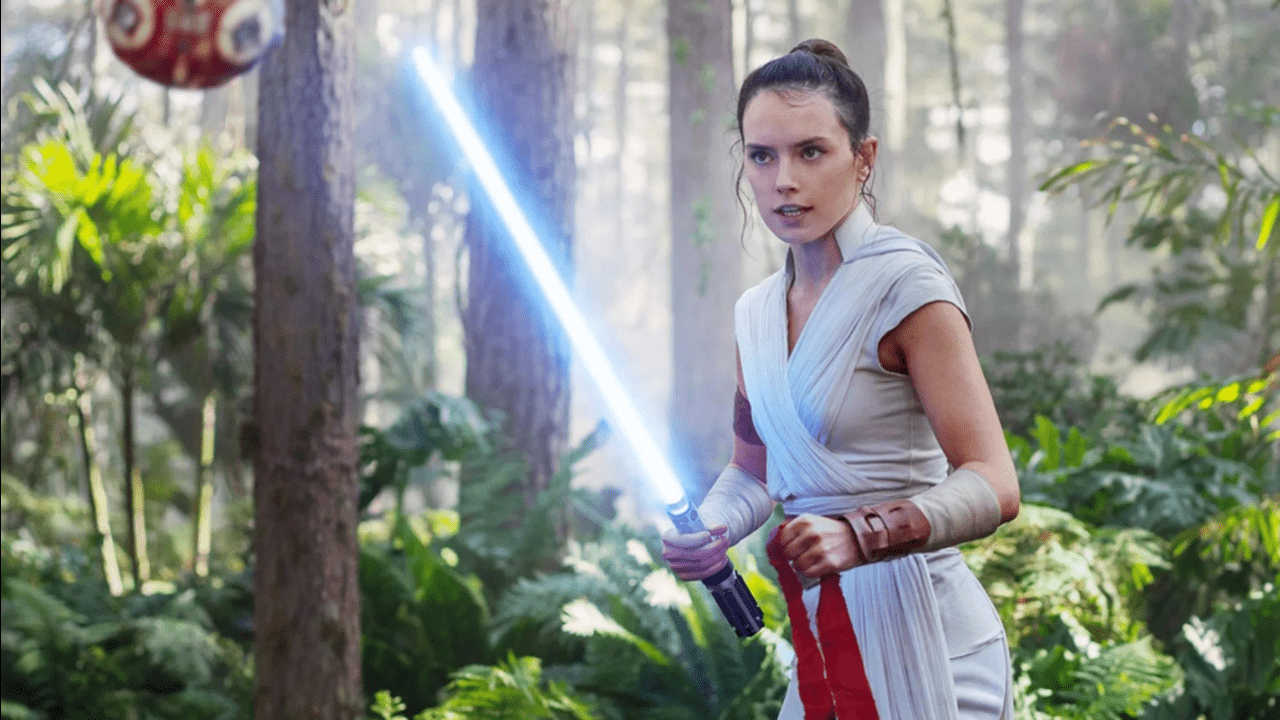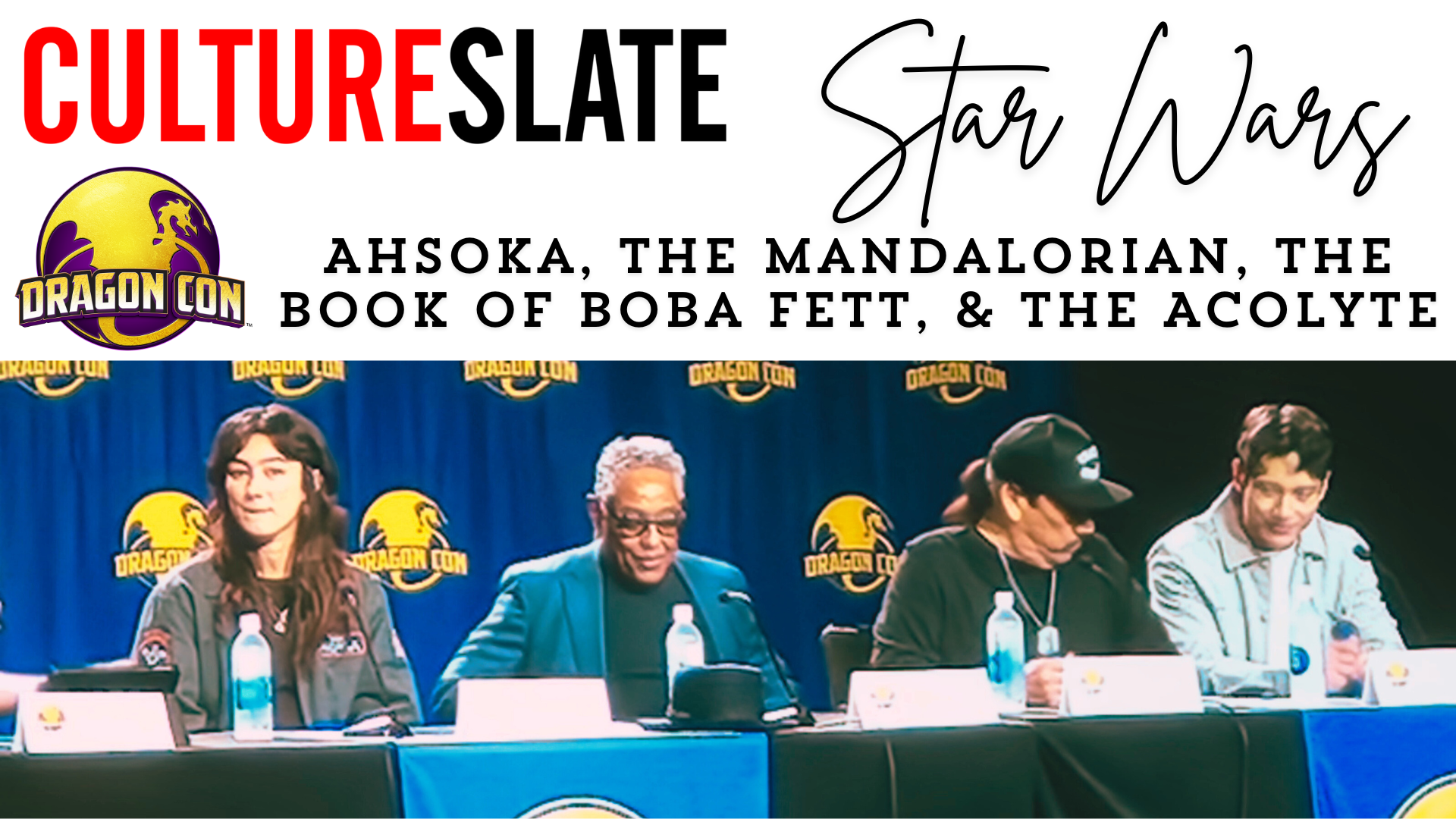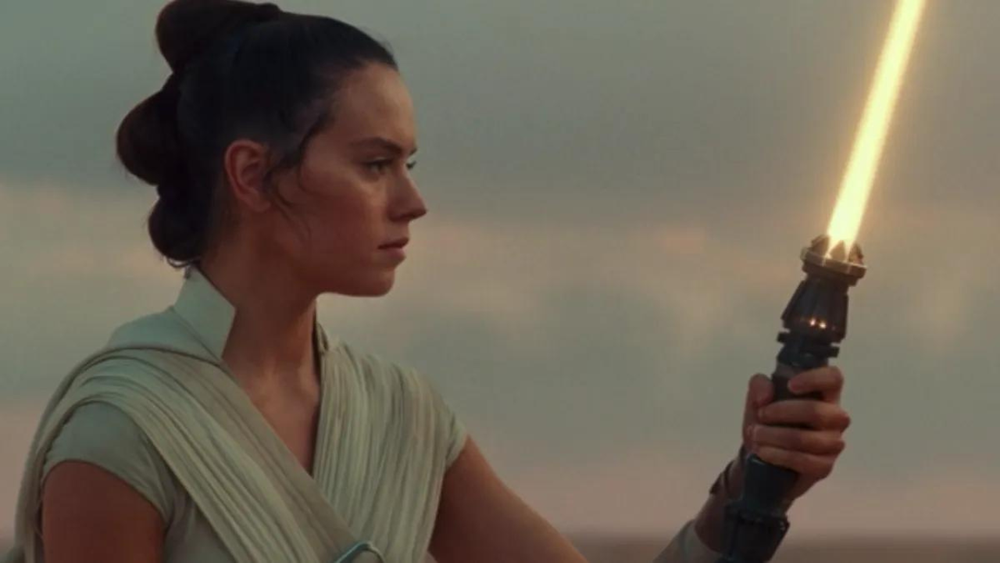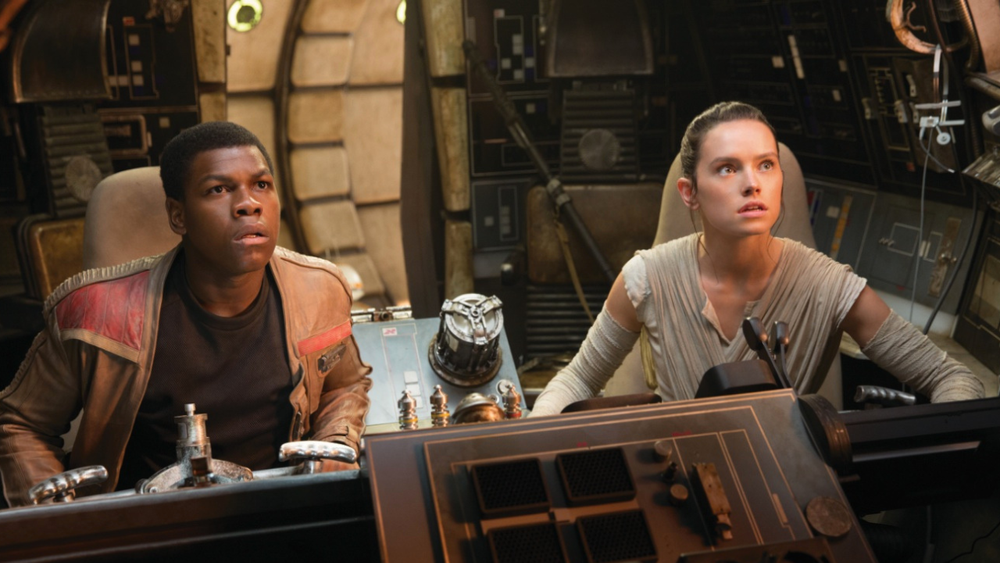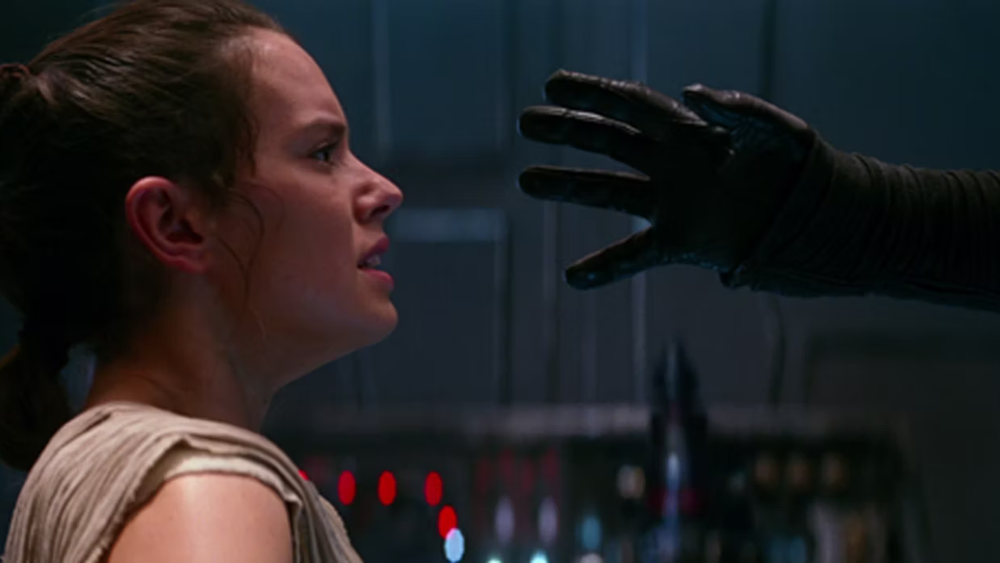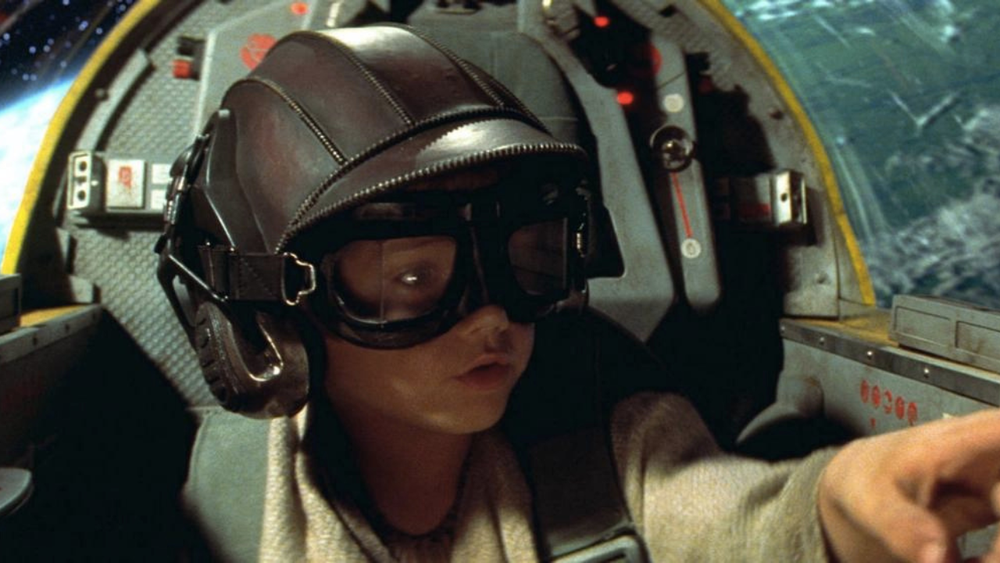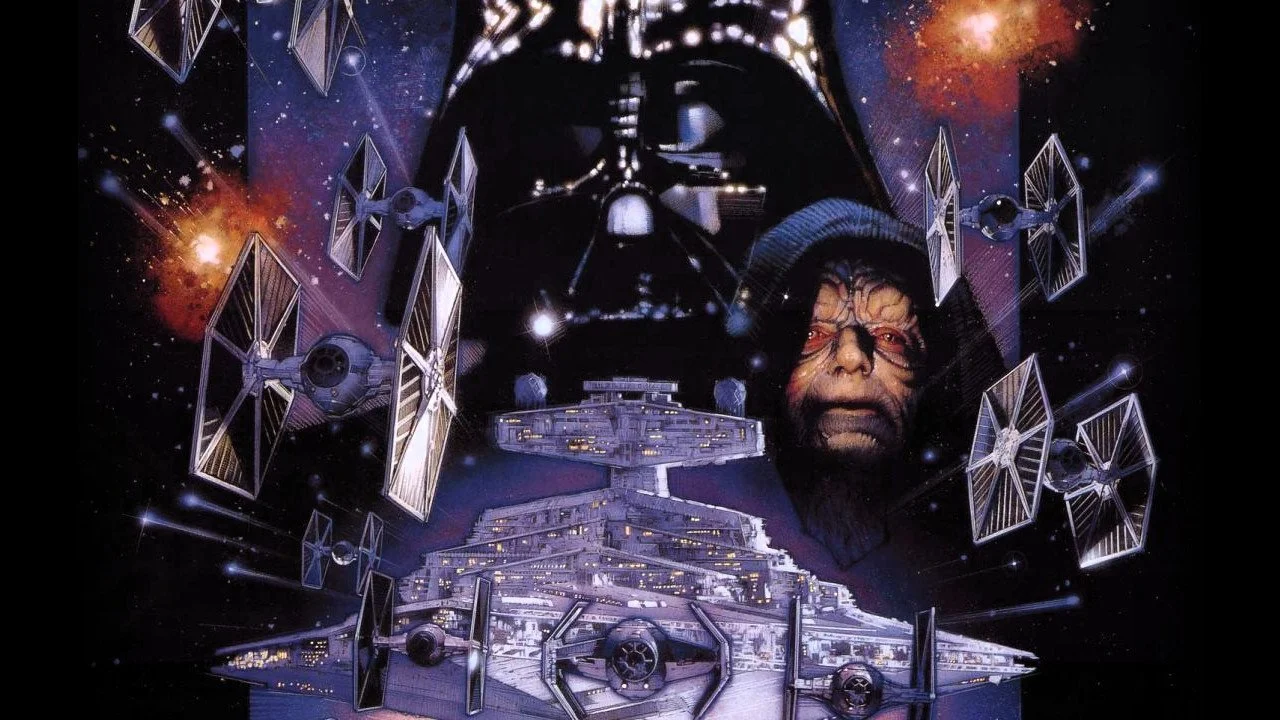Why The "Rey Is A Mary Sue" Claim Is Nonsensical (And Rooted In Sexism)
Image Source: GQ
“dIsNeY rUiNeD tHe SeQuEls, rEy Is A mArY SuE!”
Oooooh, edgy take, bro.
An unfortunate truth about a large percentage of Star Wars fans is that whenever a new film or series is released, they meticulously go over every detail, not with excitement about finding new things to love, but with determination to find something to hate.
For some of these people, it’s because they created a narrow field of expectations in their own mind, and anything slightly different than their own ideas will lead to disappointment for them. For others, it’s a quest for catchy YouTube headlines that will get them likes from bitter haters and arguments in the comments. Still others, consciously or unconsciously, allow things like racism or sexism to cloud their judgment.
RELATED:
After the announcement of a Rey Skywalker movie at this year’s Star Wars Celebration, a common cretinous complaint has resurfaced among the fandom menace: Rey is a “Mary Sue.” Spoken (whined) most often by those Redditors and YouTubers who spew bilge about sequels being retconned and Disney ruining everything, this claim actually has no logical basis, after even a cursory analysis of the trilogy. The statement also has sexist connotations, from the very conception of the term to its application in this context.
Image Source: ComingSoon.net
Angry and confused? Calm down, edgelords. I’ll walk you through it.
The term “Mary Sue” was first coined in 1973 by Paula Smith in her satirical story A Trekkie’s Tale. Back then, a common characteristic of Star Trek fan fiction was a young main character, usually a woman, who was portrayed as unreasonably gifted across every discipline: intellect, combat, the arts, etc. This character would often become respected (and maybe even loved) by main characters such as Kirk or Spock, and would end the story by saving the day in heroic fashion. Smith’s parody mimicked these poorly-written plotlines, naming the main character “Mary Sue.”
Afterwards, the term was generally accepted as the name for those fantastically idealized characters. Wikipedia summarizes: “a character archetype in fiction, usually a young woman, who is often portrayed as inexplicably competent across all domains, gifted with unique talents or powers, liked or respected by most other characters, unrealistically free of weaknesses, extremely attractive, innately virtuous, and/or generally lacking meaningful character flaws.”
Does this apply to Rey? (Nope. But let’s go through it anyway.) There’s a lot here, so we’ll start with the easy parts.
Image Source: GameRant
“Innately virtuous” doesn’t really seem to fit. No one is perfect in the Star Wars universe, especially on brutal worlds like Jakku where one needs to fight to survive. Rey is a good person, just like everyone else in the Resistance; nothing reasonably out of the ordinary there. Next is “extremely attractive.” While Daisy Ridley undoubtedly kills it on the red carpet, Rey’s looks are not a meaningful part of the story, making that aspect another non-issue. “Usually a young woman.” Welp, you got me there. Rey is indeed a young woman. Debate over.
Let’s examine “liked or respected by most other characters.” Seems like a pretty low bar, but she still has issues with her peers and allies, even within the Resistance. She and Poe butt heads immediately in The Rise of Skywalker, and Luke’s attitude towards her is impatient, almost spiteful through most of The Last Jedi. Is she respected? Yes, as all Force-users are (“You’re the best fighter we have!”), but her relationships are undeniably more conflict-ridden than the ones Paula Smith parodied.
Image Source: StarWarsTime.net
Let’s pivot to “lacking meaningful character flaws” and “unrealistically free of weaknesses.” Many critics have taken the lazy route of “she has no character arc” or similar, but that’s not a very observant take. Her yearning for family and her desperation for her parents to return (or at least to find out who they were), while understandable, were traits that made her vulnerable to Snoke and Kylo Ren. Her emotion, which a reasonable person could classify as realistic, was a weakness and an obstacle in her journey toward becoming a Jedi. It took an entire trilogy (and a surprising genealogical reveal) for her to let go of her obsession with her ancestry and realize that family can be chosen, and that blood alone does not determine who you are.
Let’s talk about that ancestry reveal, because it ties directly into the most commonly touted aspect of the Mary Sue question: “inexplicably competent across all domains, gifted with unique talents or powers.” This is where everyone thinks they have a checkmate. “How could she fly the Millenium Falcon so well?” “How could she beat Kylo Ren when she’d never used a lightsaber before?” “How could she resist Kylo Ren’s interrogation?”
Before I answer those questions (well, more accurately, point out where the films themselves answer those questions), the most important point here is that Rey is the granddaughter of Emperor Palpatine. The man was the most powerful Sith Lord in the last century, turning entire galactic governments against each other for his own benefit, and we all accepted that without question. Does it not make sense that his offspring would be unnaturally talented? None of her skills are “inexplicable” at all, but sure, let’s get into the minutia anyway.
Image Source: EA
“How could she fly the Falcon so well?” Well, first of all, she didn’t; she banged it into all kinds of things in the Jakku chase. But also, piloting is a common skill for many in Star Wars; hopping into a ship and knowing how to fly it (oh, and how to bypass the compressor) is well within the parameters of contextual expectation, especially for someone who’s spent their whole life scrapping starship parts.
“How could she beat Kylo Ren when she’d never used a lightsaber before?” As we see in the beginning of the film, she grew up defending herself in melee combat. Her quarterstaff is not a lightsaber, of course, but it was established early on that she has the instincts and the reflexes to hold her own in a fight. On the other side of the coin, Ren was physically and spiritually crippled during that confrontation. We watched an entire “classic Han and Chewie” comedy combat scene establishing how overpowered the crossbow was; it easily sent stormtroopers flying, and Ren had just taken a kidney shot and survived. Not only that, he had just killed his own father, a deed that, in the words of Snoke, “split him in two.” His connection to the dark side was fracturing, and his body was wrecked. Even Finn was able to hold him off for a bit with neither the training nor the Force. Rey’s victory doesn’t display any type of “inexplicable competence,” only earned skills and timely advantages.
Image Source: ScreenRant
“How could she resist Kylo Ren’s interrogation?” While the evidence here isn’t as blatantly obvious, it’s just as valid; Ren did not have the same hatred in his heart for Rey that he did for Poe Dameron. In the novelization of The Force Awakens, he even told her he’d try to be gentle, massively underestimating the resistance he’d meet from her. Possibly even more relevant is the nature of Rey’s and Ren’s Force dyad connection. Ren probing into Rey’s mind unlocked Force potential neither of them knew she had, strengthening her Force powers exponentially. This enabled her not only to resist Ren, but also to use a mind trick on a stormtrooper shortly afterward (though, let’s be honest, they haven’t historically been difficult to outwit).
That’s…all there is. By definition, and with clear, observable evidence from all three sequel films, Rey is empirically, categorically not a “Mary Sue.”
Now it’s the author’s turn to posit a question: where was this investigative enthusiasm before? If it seems so problematic for a character to demonstrate unusual talent so early in their story, why was it no big deal for Anakin to win podraces at nine years old, or for Luke to blow up the Death Star after such limited X-wing experience? Anakin very obviously didn’t know how to fly an N-1 starfighter, but somehow blew up the Trade Federation battleship a few minutes later. Wouldn’t that qualify him for a Mary Sue club membership? Why do these criticisms only apply to Rey?
Image Source: Wookieepedia
The answer, unfortunately, is bias. Some people are explicit about it, crying about “wokeness” and agendas, and others mindlessly echo the “Mary Sue” claim, willing it to justify a dislike of the sequels that they themselves don’t understand. But these “fans” must examine themselves, because calling Rey a Mary Sue while ignoring the same characteristics in male protagonists is an inherently sexist statement.
…not to mention woefully inaccurate, after even a cursory glance through the sequel trilogy. But facts and research don’t matter to everyone, so stay mad, I guess.
READ NEXT:
Sources: Wikipedia, Collider, Wookieepedia

